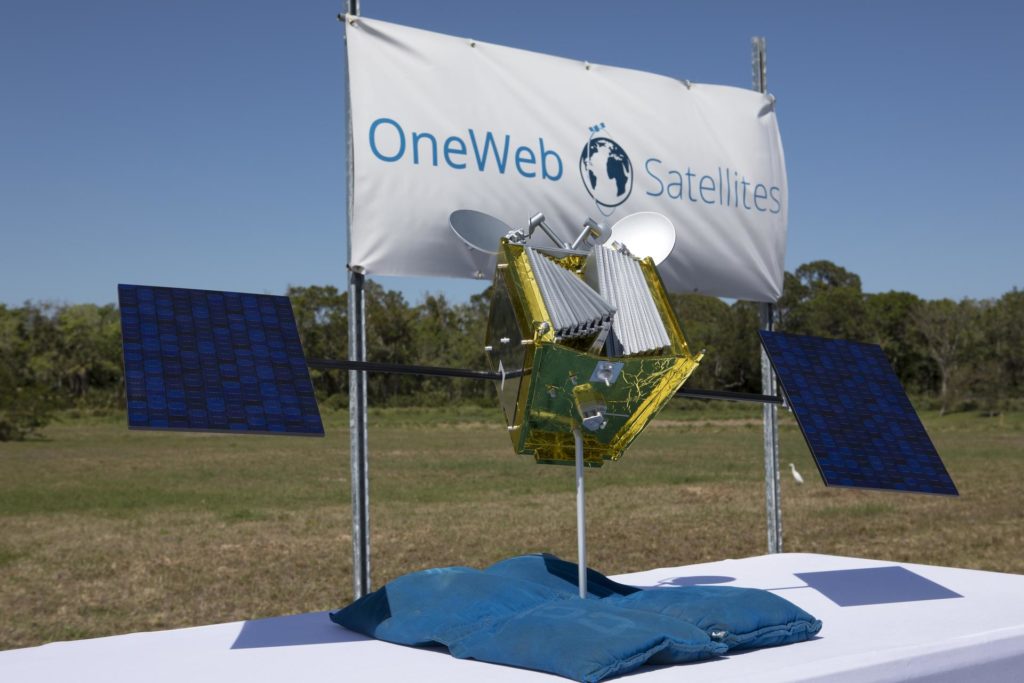
Will security concerns trump profit for the Kremlin in a debate over satellite internet project OneWeb?
 What happened
What happened
The implementation of OneWeb, ex-Google executive Greg Wyler’s project to use a global satellite network to beam internet across the world, poses a difficult question for President Vladimir Putin. On the one hand, OneWeb means billion dollar contracts for the struggling state-owned space company, Roscosmos, but, on the other, the security services want to ban it because they fear the introduction of an independent domestic internet infrastructure.
- OneWeb, which attracted $1.7 billion in investment from companies including Airbus, Coca-Cola and Virgin, plans to launch a network of 882 satellites to provide high quality internet and telecommunications across the globe. Roscosmos joined the project in 2015 when it created a joint venture with OneWeb in Russia. And OneWeb has already placed orders with Russian companies worth more than $1.3 billion to launch satellites and build rockets — the largest such commercial order in several years.
- The Russian security services are not in favor. Currently, all internet equipment in Russia is based on SORM, a system that gives the security services access to user data. The Federal Security Service (FSB) said publicly last month that OneWeb is a threat to national security and its scope should be limited. Negotiations between Roscosmos and the FSB have already been underway for over a year and the discussion has involved Putin several times, but a final decision is not expected before December. Roscosmos might be expected to lose this battle, but the company has a powerful ally in the form of Igor Rotenberg, the son of Putin’s billionaire friend Arkady Rotenberg. Igor Rotenberg is reportedly co-owner of the company that owns the Russian JV with OneWeb.
- The irony of all this is that OneWeb could actually operate in Russia without the FSB’s permission. The project needs above-ground receiving stations, but it could cover Russia via stations in the U.S., Kazakhstan, Italy and Norway. An FSB ban would just mean that Russia has no way of participating (and, therefore, controlling) the network’s operations, sources believed to be close to Roscosmos told Kommersant newspaper. They also cited the blow to Russia’s reputation as a reliable partner in the space business. “Elon Musk will definitely take advantage of this,” they said.
Why the world should care
Just few years ago, worldwide satellite internet, sounded like science fiction — but it is already close to reality. OneWeb’s story illustrates how authoritarian regimes are watching these sorts of projects, but have not been able to decide how to handle them.




